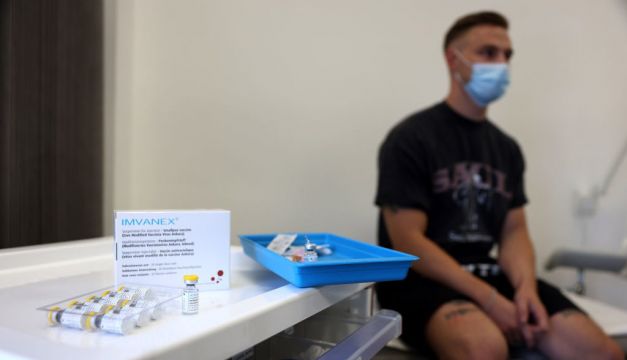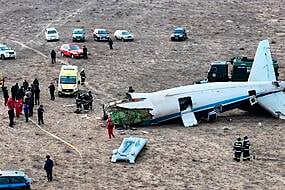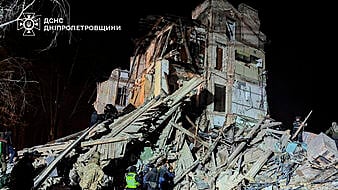The rapidly spreading monkeypox outbreak represents a global health emergency, World Health Organization (WHO) Director-General Tedros Adhanom Ghebreyesus told a media briefing on Saturday.
The WHO label – a "public health emergency of international concern" – is designed to sound an alarm that a coordinated international response is needed and could unlock funding and global efforts to collaborate on sharing vaccines and treatments.
In recent weeks, pressure has been increasing from scientists and public health experts for the WHO and national governments to take more action on monkeypox. There have now been more than 14,000 cases reported, and five deaths, from 71 WHO member states.
When the WHO's expert group on monkeypox first met at the end of June, there were only about 3,000 cases.
There are already effective treatments and vaccines for monkeypox, but they are in short supply. The WHO has also already been providing advice and updates since the outbreak began in early May.
At the first meeting of the expert committee, the group said it would reconsider its position on the emergency declaration if the outbreak escalated.
In Europe and the United States, cases have almost entirely been reported among men who have sex with men, and the committee also said it would reconsider if other groups began to report cases, particularly children or others who have been more vulnerable to the virus in past outbreaks in endemic countries.
On Friday, the United States identified its first two monkeypox cases in children.
Any changes to the virus itself, which spreads through close contact and causes lesions and flu-like symptoms, could also spark a rethink, the committee has said.







